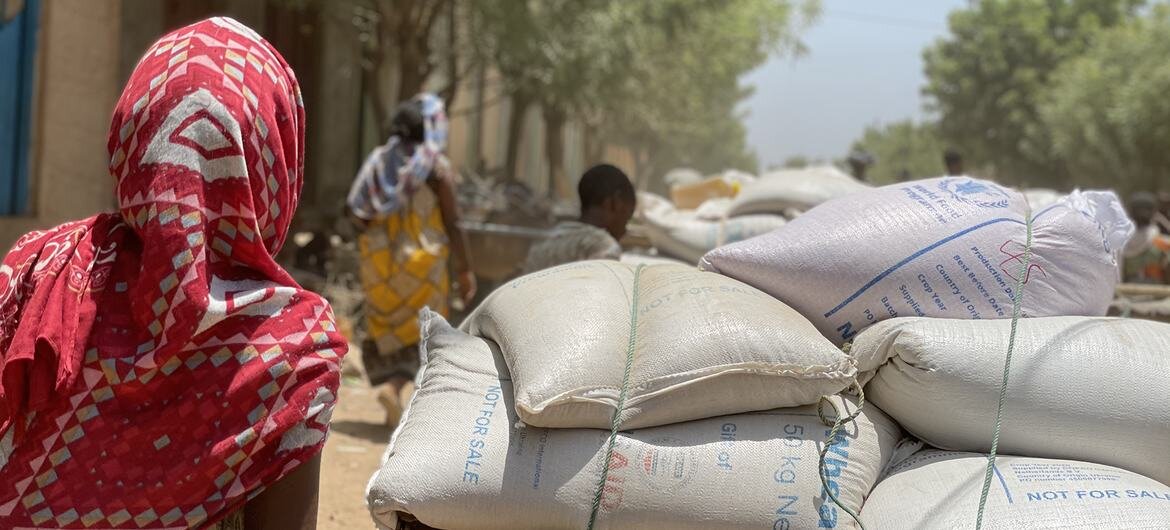Decent work, social protection needed for eradication of poverty

TEHRAN - The International Day for the Eradication of Poverty, celebrated annually on October 17th, aims to promote understanding and dialogue between people living in poverty and the wider society.
This year's theme calls for universal access to decent work and social protection as a means to uphold human dignity for all people, and to emphasize that decent work must empower people, provide fair wages and safe working conditions, and fundamentally recognize the inherent value and humanity of all workers.
It draws on first-hand testimonials showing that those trapped in extreme poverty often work long, grueling hours in dangerous, unregulated conditions but still cannot earn enough income to adequately support themselves and their families.
Similarly, universal social protection is urgently needed to guarantee income security for everyone, prioritizing society's most vulnerable members.
The theme is also a call to political leaders and policymakers to use human dignity as the guiding compass in all decision-making processes, to ensure the advancement of fundamental human rights and social justice over the pursuit of corporate profits.
Strong global partnerships between governments, businesses, and civil society organizations are vital to achieving equitable development and ensuring no one is excluded or left behind.
Therefore, this year’s observance is a chance to stand in solidarity with people living in poverty, truly listen to their daily struggles, and renew commitments to create a just economy focused on protecting human and environmental wellbeing over maximizing financial gains. The ultimate goal is to eliminate poverty entirely by creating the conditions for everyone to live with dignity.
In a world characterized by an unprecedented level of economic development, technological means, and financial resources, millions of persons are living in extreme poverty is a moral outrage.
Poverty is not solely an economic issue, but rather a multidimensional phenomenon that encompasses a lack of both income and the basic capabilities to live in dignity.
Persons living in poverty experience many interrelated and mutually reinforcing deprivations that prevent them from realizing their rights and perpetuate their poverty, including dangerous work conditions, unsafe housing, lack of nutritious food, unequal access to justice, lack of political power, and limited access to health care.
National document on removing poverty
A comprehensive document on the eradication of poverty is being drafted, Mohammad-Mehdi Zahedi-Vafa, an official with the Planning and Budget Organization, has said.
“A center for monitoring poverty will be set up by integrating data bases from around the country,” he added, IRNA reported.
Leader of the Islamic Revolution Ayatollah Ali Khamenei has tasked heads of the three branches of the government to take serious measures toward poverty eradication, Zahedi-Vafa stressed.
In April 2022, Ayatollah Khamenei outlined policies for materializing goals of social security in line with the objectives of the Constitution.
The policies aim to improve social welfare, remove poverty, and support vulnerable strata of society, mainly the elderly, the disabled, and people without caretakers.
Reaching the goals entails an efficient, justice-based, and comprehensive administrative system consistent with Islamic-Iranian patterns and powered by public participation that will expand services to underprivileged people living in urban and rural areas.
President Ebrahim Raisi has also said no one should be denied the opportunity for education due to poverty.
